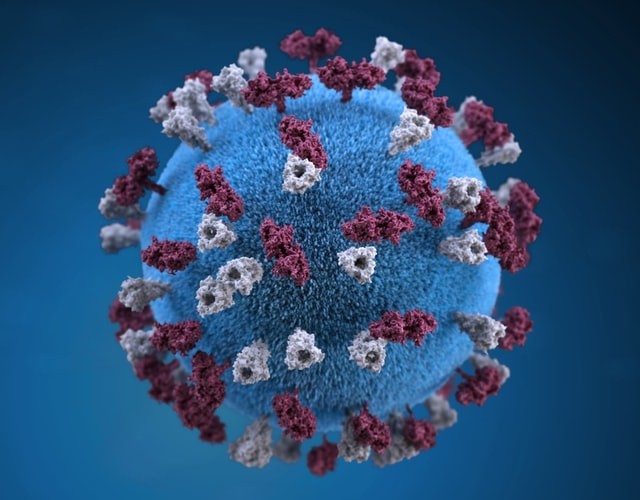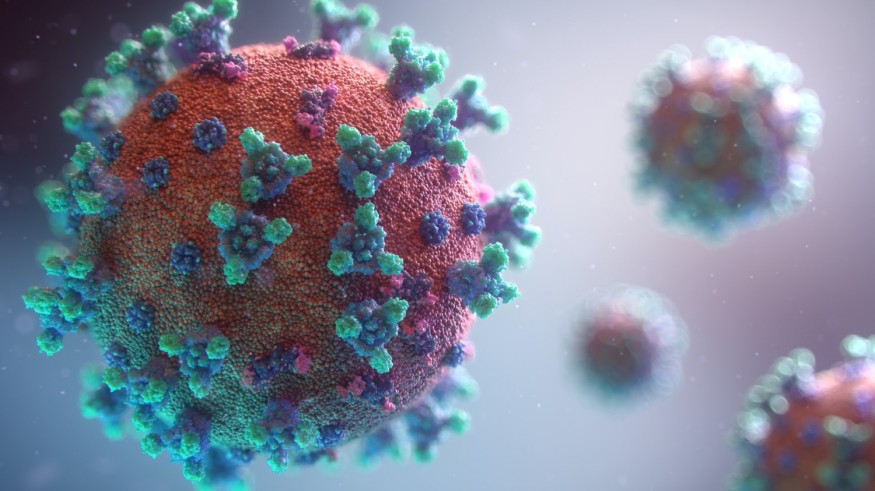SARS-CoV-2, the virus that causes COVID-19, has been found to have a new possible variation of interest, according to South Africa's National Institute for Communicable Diseases.
The variation, now known as C.1.2, was identified in all of the African country's provinces and overseas, albeit at low rates. This branch accounts for less than 2% of all genomes.
The study aims to find out if the new variant will be more transmissible and immune to vaccination protection.

Studying C.1.2
According to the research, the number of C.1.2 genomes sequenced in South Africa increased month after month, going from 0.2 percent in May to 1.6 percent in June, and then to 2 percent in July.
"This is comparable to the increases reported in the country with the Beta and Delta variants upon early detection," the study's authors stated.
According to the study, the C.1.2 lineage has a mutation rate of 41.8 mutations per year, almost twice as fast as the other variations' current worldwide mutation rate.
Fortunately, there are no big worries about this new variation yet, but scientists are keeping a watch on it for a variety of reasons. This lineage contains alterations that are comparable to those seen in both variants of interest (VOI) and variants of concern (VOC) (VOC).
It has specific mutations in common with the Beta and Delta versions, but it also has some unique mutations of its own. There are fears that when new variants emerge, vaccinations will become ineffective in combating them.
COVID Variants
According to the World Health Organization (WHO), there are four VOCs in circulation: Alpha, Beta, Gamma, and Delta, as well as four VOIs: Eta, Iota, Kappa, and Lambda. In terms of infection, Alpha, Beta, and Delta have had the most influence worldwide.
Delta, in particular, has already surpassed HIV-1 as the leading cause of COVID-19 infection worldwide, including in vaccinated persons.
The variation was originally discovered in South Africa in May 2021, and it has since been found in England, China, the Democratic Republic of the Congo (DRC), Mauritius, New Zealand, Portugal, and Switzerland, among others.
The WHO's COVID-19 Technical Lead, Dr. Maria Van Kerkhove, posted a thread on Twitter addressing some of the media and social media buzz around C.1.2. The WHO congratulated South Africa for its efforts in discovering the variation and sharing the information. Dr. Van Kerkhove further stated that the variation does not appear to have an advantage over the viral strains already in circulation.
Monitoring & assessment of variants is ongoing & criticality important to understand the evolution of this virus, in fighting COVID-19 & adapting strategies as needed. @WHO appreciates researchers for sharing their findings with WHO and the global scientific community.
— Maria Van Kerkhove (@mvankerkhove) August 30, 2021
Variant Development

Variants will continue to develop, particularly if the virus is allowed to propagate and evolve. Vaccination is critical in preventing the spread of disease, but because of vaccine nationalism, vaccine allocations remain significantly uneven throughout the world, with wealthy nations hoarding far more than their fair share.
Simultaneously, the loosening of public health regulations in these nations has resulted in fresh disease outbreaks, providing still another possible source of variations.
For more health and medicine related news, don't forget to follow Nature World News!
© 2025 NatureWorldNews.com All rights reserved. Do not reproduce without permission.





